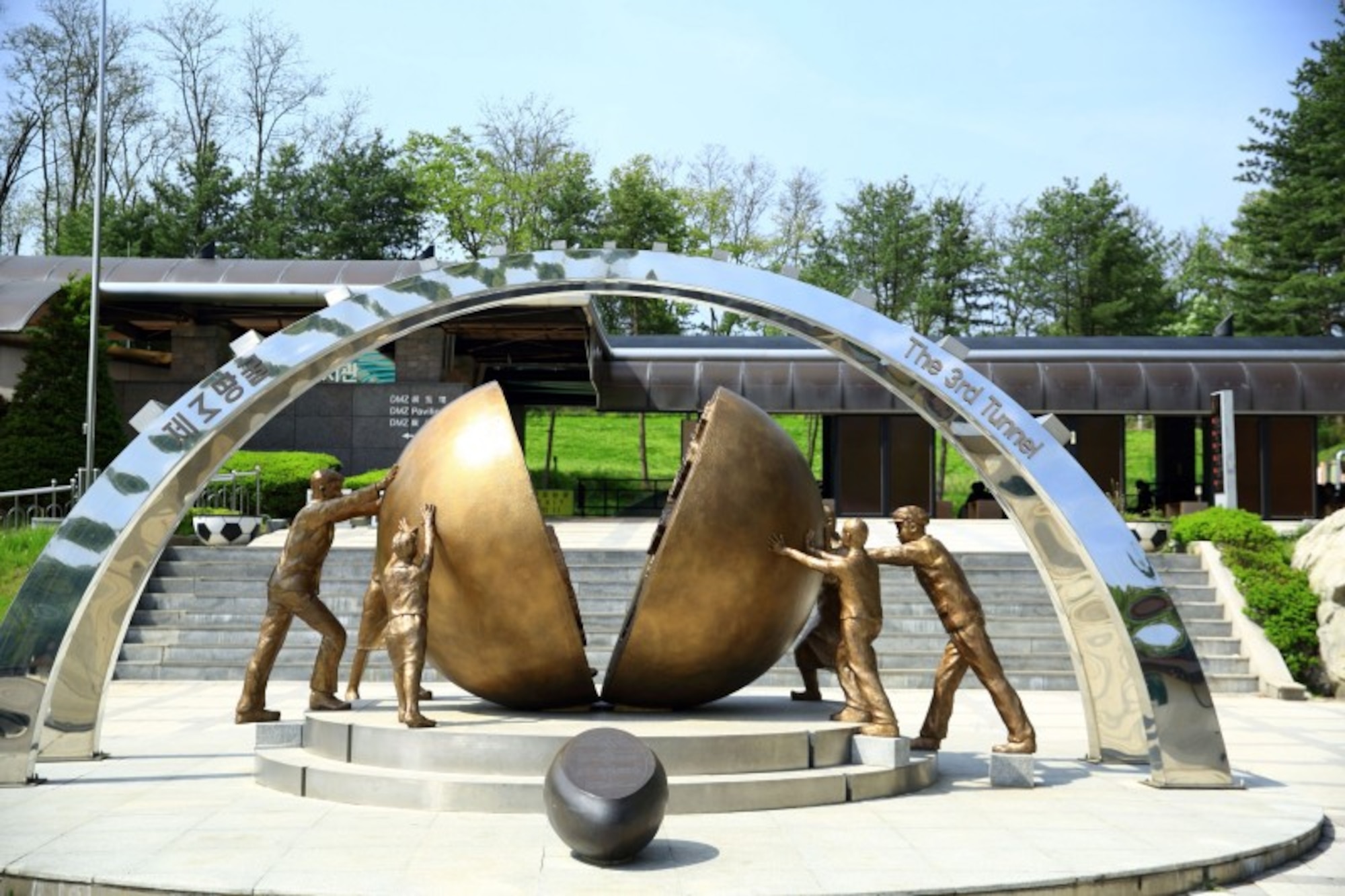Concerns Arise Over Potential Name Change of South Korea's Ministry of Unification

On June 24, 2025, Jeong Dong-young, the nominee for South Korea's Minister of Unification, stated the need to consider changing the ministry's name, suggesting that unification efforts could be pursued on a foundation of peace and stability. However, this proposal has raised concerns that altering the name could signal a weakening of the South Korean government's commitment to unification, especially in light of North Korean leader Kim Jong-un's characterization of inter-Korean relations as a hostile two-state situation.
Speaking to reporters at the Inter-Korean Relations Management Office in Jongno, Jeong emphasized that establishing peace is the primary mission for the 50 million citizens of South Korea. He likened unification to a cart and peace to the horse that pulls it, asserting that the horse must lead the cart. He referenced the historical example of West Germany's Brandt administration, which changed the name of its Ministry of Unification to the Ministry for Relations with East and West Germany, suggesting that the current priority should be achieving a peaceful regime on the Korean Peninsula.
Jeong also proposed renaming the Kaesong Industrial Complex, arguing that the current name diminishes its significance. He suggested it should be referred to as Kaesong Peace City or Peace Zone. He criticized the past six years of severed inter-Korean relations as abnormal and stated that resolving the lack of communication between the two Koreas should be the first task at hand.
Furthermore, Jeong described the consolidation of various organizations into the Inter-Korean Relations Management Office during the Yoon administration, which was a response to decreased demand for inter-Korean meetings and cooperation, as abnormal. He hinted at potential organizational restructuring aimed at resuming dialogue with North Korea, which has unilaterally severed communication channels. Jeong remarked that the current situation arose during the Yoon Seok-yeol administration, which he believes has now faded into history, emphasizing the importance of establishing a new inter-Korean relationship with the incoming government.
Having served as Minister of Unification from 2004 to 2005 during the Roh Moo-hyun administration, Jeong has been nominated for the position again after 20 years. However, his comments regarding the potential name change have sparked skepticism among government insiders, with some arguing that removing 'unification' from the ministry's title could imply that the South Korean government has abandoned its unification goals. A former high-ranking official expressed concern that such a change could be misinterpreted as an endorsement of Kim Jong-un's two-state theory. Another former official suggested that merely changing the ministry's name would not alter the situation and recommended focusing on substantive unification and North Korea policies instead.
What do you think?
0 reactions





